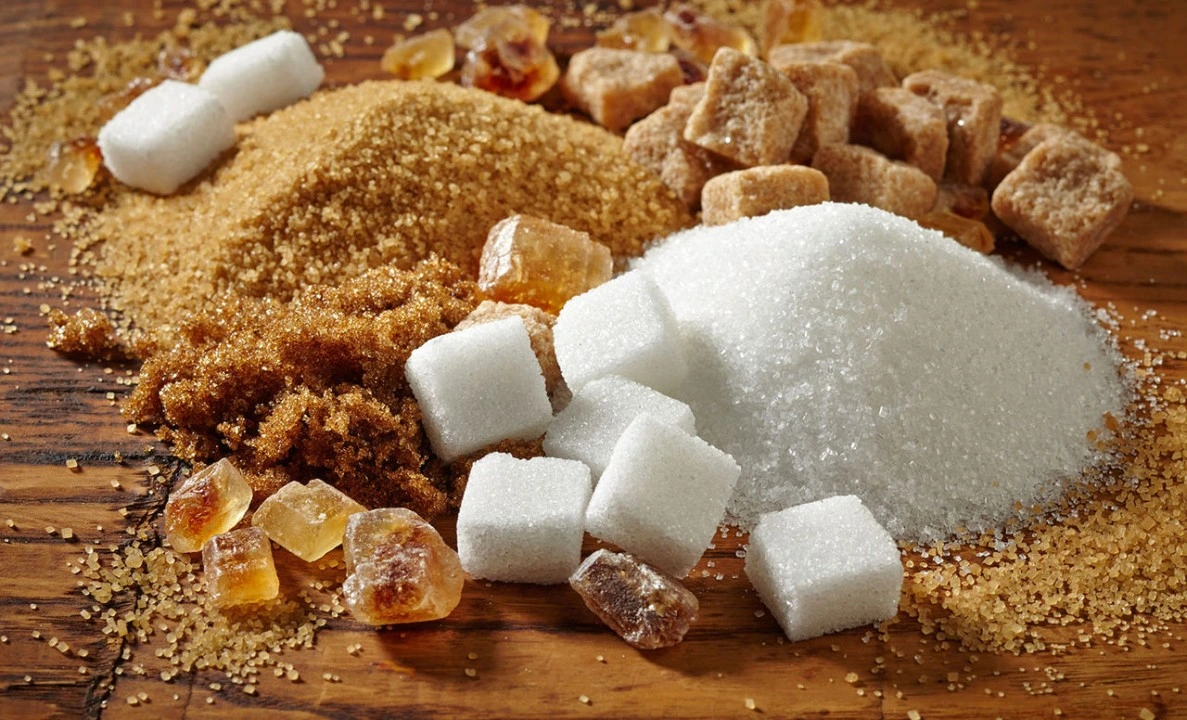Shocking revelations were made in the National Assembly’s Standing Committee on Commerce, where members disclosed that all sugar mill owners in Pakistan are linked to the government, creating a monopoly that blocks new entrants from setting up fresh mills.
According to the disclosures, only existing mills are allowed to expand their production capacity, tightening the grip of the so-called “sugar mafia” on the industry. Committee members warned that deregulation is the only way to control this monopoly, but vested interests occupying key government positions remain the biggest hurdle.
Lawmakers further highlighted the staggering financial impact of price manipulation. Every one-rupee increase in the retail price of sugar generates an additional Rs7 billion in profit for mill owners, while a two-rupee hike translates into Rs14 billion.
The committee also raised concerns over government policies that have allowed sugar millers to profit both ways — first by exporting sugar and making money from incentives, and now by importing sugar at higher rates, which is then sold to the public at inflated prices. Members pointed out that the government is additionally burdening the national exchequer by offering subsidies worth billions of rupees to support imports.
READ MORE: CCP Sugar Cartel Case 2025 Postponed After 70 Sugar Mills Seek Delay
Experts and lawmakers stressed that such practices not only exploit consumers but also deepen Pakistan’s economic crisis by draining state resources. They called for urgent structural reforms, stronger regulatory oversight, and measures to break the monopoly in the sugar sector.
Observers say the revelations underscore how entrenched political and business interests continue to drive Pakistan’s recurring “sugar crisis,” where ordinary citizens pay the price for policies shaped by the very actors benefitting from them.









